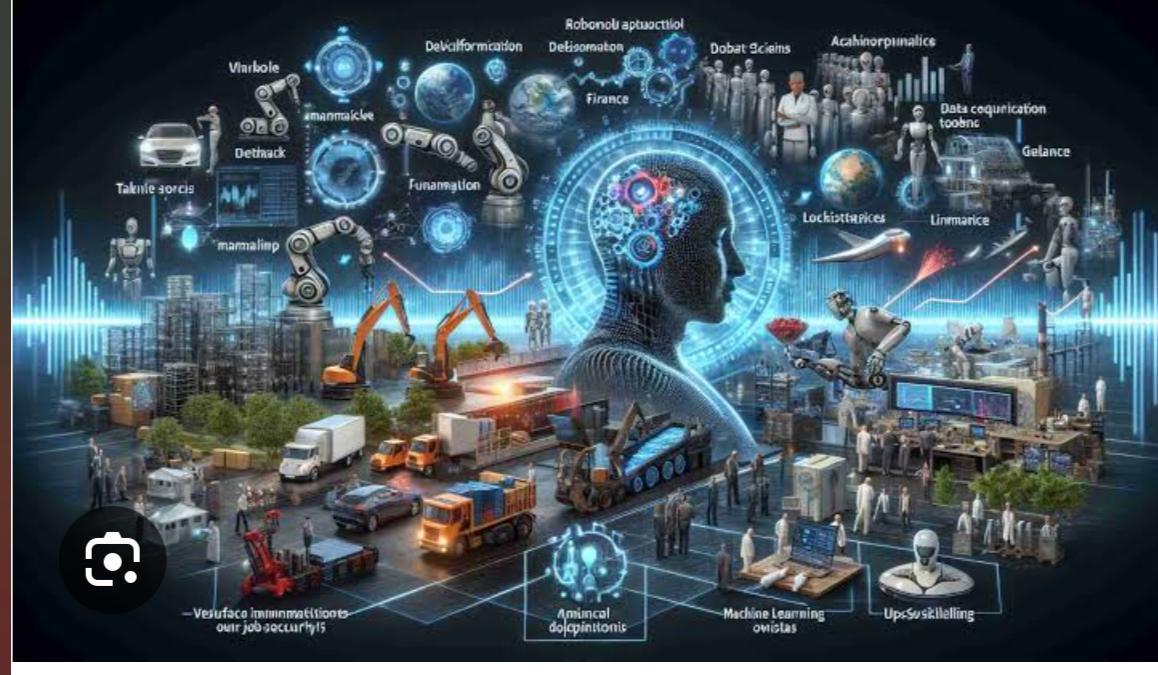
Ai has taken up the world by thunders. In every field you can see that there is a use of this technology . The first major impact of ai was in 2022 when the world first came to know about ChatGPT. It was a boon for some students and had created a good image in front of the people. There are many talks about how this will impact in the coming years. Society thinks that AI will eat up the jobs of Engineering students. We can’t predict the future but if ai and humans collaborate with each other the world would go on a different level.
There are many things which AI can perform better than humans. When there is a need of gathering information AI performs deliberately better than humans as computer have better ability to process far more information at a higher pace than individuals do. The work which humans take time AI can do it in seconds. AI can give you solutions to your holiday homework or to create a speech for your debates. AI make sure to enhance your work.
We see that ai performs more efficiently than humans. But AI is not always a solution for your every problem. There are many things which ai can’t perform. Software engineering and computer engineering require creative thinks, understanding program language and algorithms. These are the areas in which AI has to go a long way.
AI is unlikely to take the jobs of electrical engineers as it can’t handle complex problems and tasks like designing new circuits, debugging softwares and troubleshooting problem which electrical engineers do. Similarly mechanical engineers also have a stable chance of not being replaced by AI. AI as of now has not been entered into arranging budget, scheduling projects and communicating with client and supplier about specifications.
Talking about if we see a collaboration of both AI and engineers it can turn take the world to the next level. For engineers working in design performance, AI can use advance techniques and stimulations to identify optional configurations, enhance product performance and minimise cost for complex design. This collab would increase the efficiency of the work, fosters innovation and can lead to new idea invention.
TALKING ABOUT ETHICAL STANDARDS
A strong AI code for ethics include unbiased options, ensure the privacy of the user and the data and mitigating environmental risks. AI ethics include transparency impartiality, accountability, reliability and security
AI holds a good reputation in this area. Many business needs god ethics and AI is the one providing them this. Many business need it because it ensures that the technology they use aligns with their values and ethical standards. It is also crucial as it gains customer trust, improve brand reputation and avoid legal issues. In conclusion there will not be a major impact of AI on the engineering jobs we might see a collaboration between them. AI will not majorly impact the ethical standards also.

Author – Utkarsh Goel
Bishop Cotton School, Shimla.






